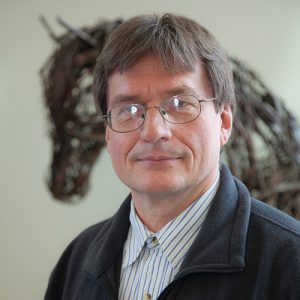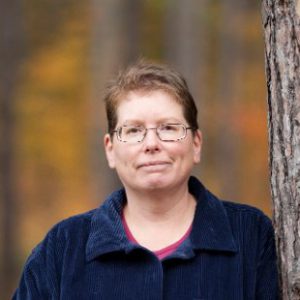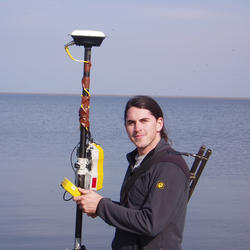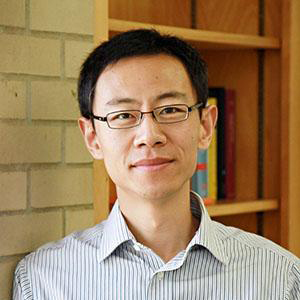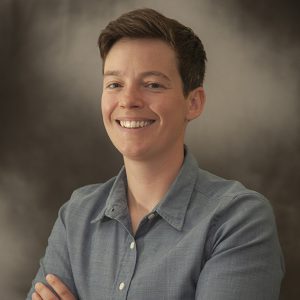Dr. Ming Xiao
The PI, Dr. Ming Xiao, is an Associate Professor of Civil Engineering at the Pennsylvania State University. Xiao’s research focuses on analyzing performances of the built environment and infrastructures under in-service conditions and extreme events. He has led collaborative and cross-disciplinary research projects to address civil engineering infrastructure systems’ challenges. He currently leads an NNA project “NNA Track 1: Collaborative Research: Resilience and adaptation to the effects of permafrost degradation induced coastal erosion.”
Xiao's Homepage
Email: mzx102@psu.edu
Dr. Vladimir Romanovsky
Dr. Vladimir Romanovsky is a Professor in Geophysics at the Geophysical Institute and the Department of Geosciences, University of Alaska Fairbanks. His work involves internationally coordinated research on permafrost temperature changes in Alaska, Russia, Canada, Greenland, and Mongolia. He is also involved in numerical modeling of past, present and future permafrost dynamics and the remote sensing of permafrost and periglacial processes. Romanovky’s research expertise includes the scientific and practical aspects of environmental and engineering problems involving ice and permafrost.
Dr. Kathleen Halvorsen
Dr. Kathleen Halvorsen is a Professor of Natural Resource Policy in Social Sciences Department at Michigan Technological University. Her research focuses on the policy and behavioral dimensions of biodiversity protection and climate change mitigation. She leads a large, international, transdisciplinary NSF PIRE research team and has taught about and published on transdisciplinary teamwork skill building. She is also the incoming Executive Director of the International Association for Society and Natural Resources (IASNR).
Dr. Benjamin Jones
Dr. Benjamin Jones is a Research Assistant Professor in the Institute of Northern Engineering at the University of Alaska Fairbanks. He is PI of the NSF Permafrost Coastal Systems Network (PerCS-Net), director of the Teshekpuk Lake Observatory, and co-lead of the Interagency Arctic Research Policy Committee – Permafrost Collaboration Team. His work involves using a combination of GIS and remote sensing techniques, field observations, and laboratory analyses to better understand permafrost-influenced landscape dynamics in response to climate and environmental changes in the recent and distant past.
Dr. Guangqing Chi
Dr. Guangqing Chi is an Associate Professor of Rural Sociology and Demography at the Pennsylvania State University. Chi’s current research is focused on the nexus of critical infrastructure and transportation, environmental migration in Central Asia and China, and population health within the smart cities framework using statistical methods and spatial analysis techniques. He currently leads an NNA project “NNA Track 1: Pursuing Opportunities for Long-term Arctic Resilience for Infrastructure and Society (POLARIS).”
Chi's Homepage
Email: gchi@psu.edu
Dr. Louise Farquharson
Dr. Louise Farquharson is a geomorphologist and Quaternary geologist who focuses on Arctic landscape change and permafrost affected coastal dynamics. Louise is a postdoctoral researcher in the University of Alaska Fairbanks Geophysical Institute Permafrost Laboratory where, in addition to working on the PCE-RCN, she is involved with the NSF funded Permafrost Coastal Systems Network (PerCS-Net) project. Louise has published first-author peer reviewed papers in the journals Environmental Research Letters, Sedimentary Geology, and Geomorphology.

Min Liew
Min Liew is a PhD student in Civil and Environmental Engineering at the Pennsylvania State University under the guidance of Dr. Ming Xiao. Her research focuses on infrastructure performances in the Arctic under permafrost degradation and erosion. Min is actively involved in several research projects funded by NSF, DOI, and state DOTs. She has field experiences in conducting field sampling and testing in semi-arid regions in Arizona, coal tailings impoundments in the Appalachian coalfields, and Arctic coastal regions.
Email: minliew@psu.edu
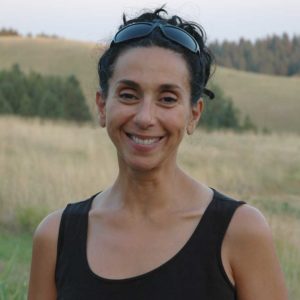
Dr. Lilian Alessa
Dr. Lilian Alessa is the University of Idaho President's Professor of Resilient Landscapes and is Co-Director of the University of Idaho Center for Resilient Communities. She works extensively with the Departments of Homeland Security and Defense. Her expertise is in social adaptation to environmental change through resilient design at landscape scales. She has authored over 100 publications and reports and has led the development of two federal climate resilience toolbox assessments: the Arctic Water Resources Vulnerability Index (AWRVI) and the Arctic Adaptation Exchange Portal (AAEP).
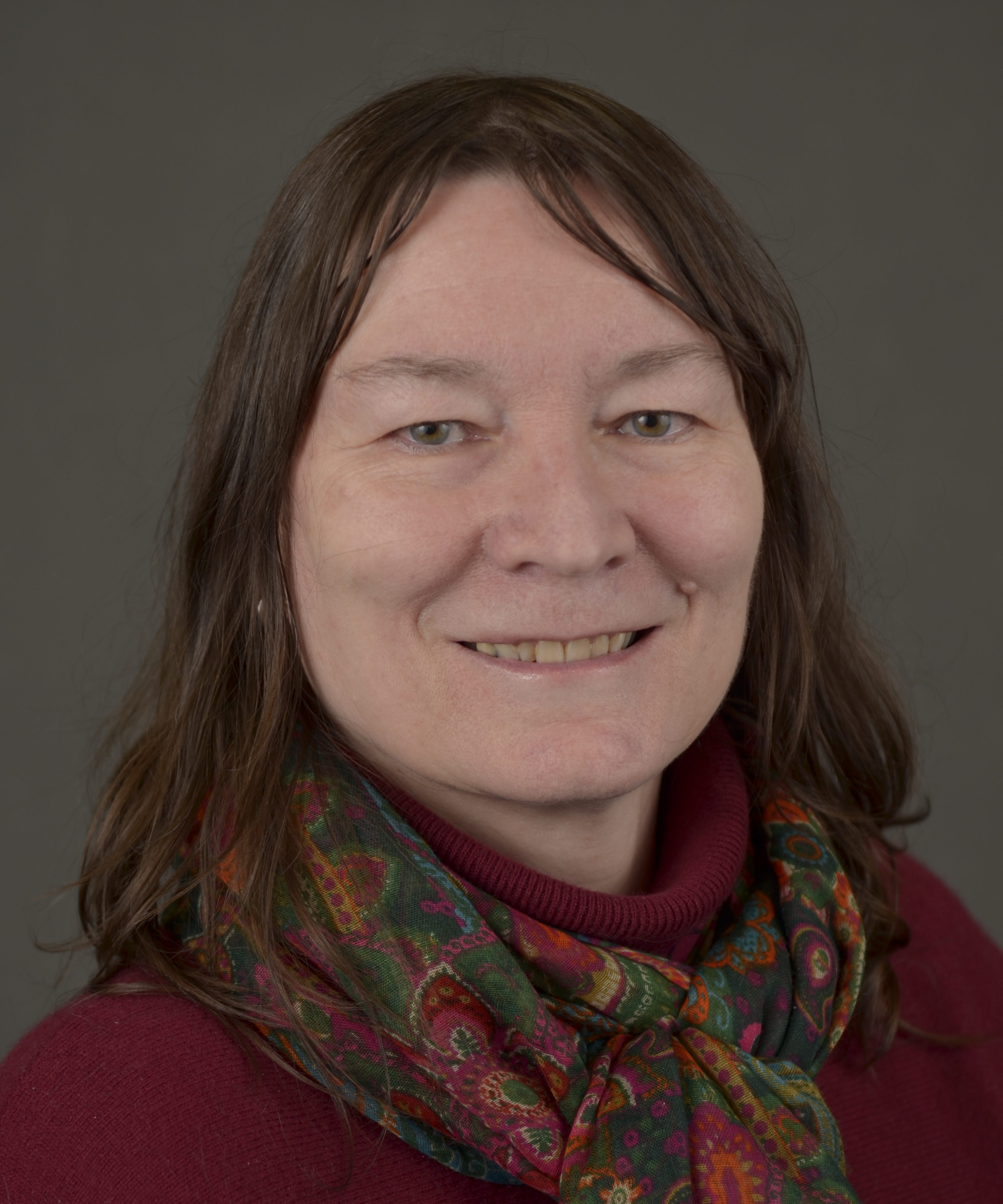
Dr. Anne Jensen
Dr. Anne Jensen is a Senior Scientist of Ukpeaġvik Iñupiat Coropration in Alaska and is an affiliate faculty member of the Department of Anthropology at the University of Alaska Fairbanks. Jensen is a long-time resident of Utqiaġvik, Alaska. She has 37 years of experience in anthropology in Alaska, including ethnographic research, archaeological surveys and investigation of excavation sites. Her current research focuses on human adaptation in arctic and subarctic environments; climate change effects on tangible cultural heritage, paleoeconomy and paleoenvironments; and traditional knowledge of Iñupiat peoples.
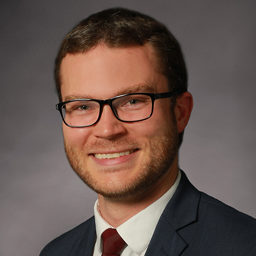
Dr. Christopher McComb
Dr. Christopher McComb is an Assistant Professor in the School of Engineering Design, Technology, and Professional Programs at the Pennsylvania State University, where he leads the Human Systems Design Laboratory. McComb’s research focuses on the creation and validation of agent-based models for human systems. He also researches methodologies for data-driven design and decision-making, and developing decision support tools. He has constructed and validated agent-based models of organizational systems involving both concept generation and project delivery.
McComb's Homepage
Email: uum209@psu.edu

Dr. Xiong Zhang
Dr. Xiong Zhang is an Associate Professor of Civil Engineering at the Missouri University of Science and Technology. He was an assistant and then associate professor at the University of Alaska Fairbanks for 10 years. He has been involved in about 20 research projects related to permafrost and frozen ground engineering for USDOT, Alaska DOT&PF, and TransCanada Gas pipeline. Zhang’s research expertise is laboratory testing, constitutive modelling of multiphase materials, and numerical simulation of climate–vegetation–soil–structure interaction.
Zhang's Homepage
Email: zhangxi@mst.edu

Dr. Dmitry Nicolsky
Dr. Dmitry Nicolsky is a Research Assistant Professor at the Geophysical Institute of the University of Alaska Fairbanks. He develops high-resolution numerical models of the permafrost dynamics at numerous locations in Alaska. His research focuses on examining the impact of the unfrozen water in frozen fine-grained earth on long-term thawing of permafrost, simulating the ground temperature dynamics in the active layer and permafrost, conducting data assimilation of temperature observations and parameterization of the thermal properties of soils, and developing high-resolution models for permafrost.
Nicolsky's Homepage
Email: djnicolsky@alaska.edu
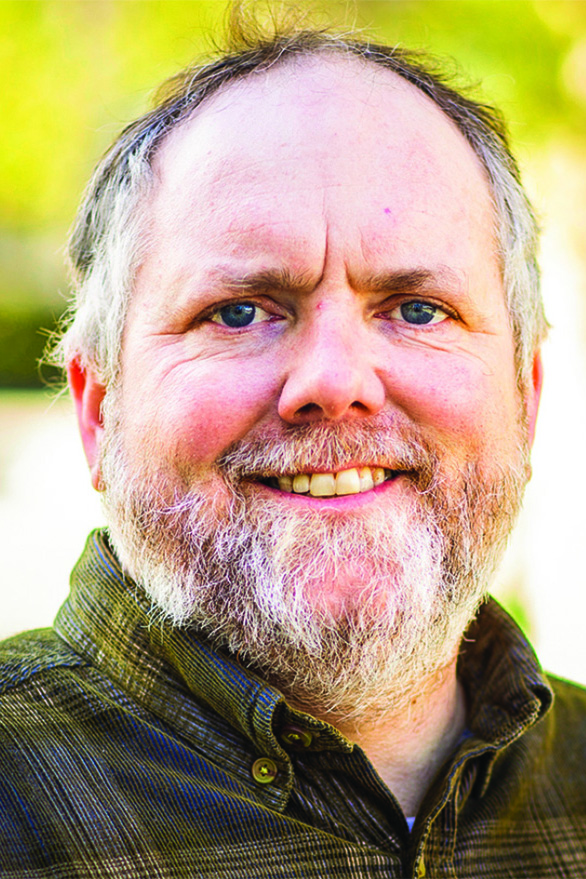
Dr. Chris Maio
Chris Maio is an Associate Professor of Geography. His expertise includes coastal hazard vulnerability, historical military terrain analysis, paleoclimate change and sea-level change.
Maio's Homepage
Email: cvmaio@alaska.edu
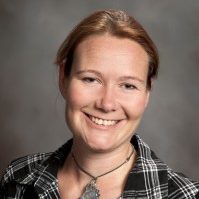
Dr. Nina Stark
Nina Stark is an Associate Professor of Civil Engineering at Virginia Polytechnic Institute and State University. Her expertise includes coastal and marine geotechnics, subaqueous sediment dynamic, beach dynamics, structure-seafloor interaction, offshore renewable energies, and instrument development.
Stark's Homepage
Email: ninas@vt.edu

Dr. Emily Eidam
Emily Eidam is an Assistant Professor of Marine Sciences at the University of North Carolina – Chapel Hill. She grew up in Alaska near Cook Inlet, a glacially carved basin full of mud with the highest tidal ranges in the US (>9 m) and eventually found her way to the geology department for an elective on glacial geology, where she became hooked on sedimentology. Her current research at UNC focuses on the transfer of sediment through estuarine systems and shelf environments, from the perspective of particle dynamics and fluxes and decadal- to century-scale deposition.
Eidam's Homepage
Email: efe@unc.edu

